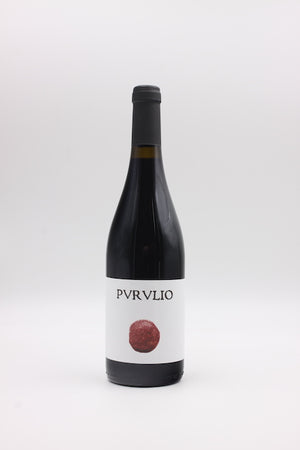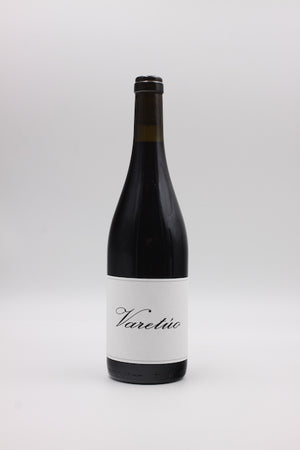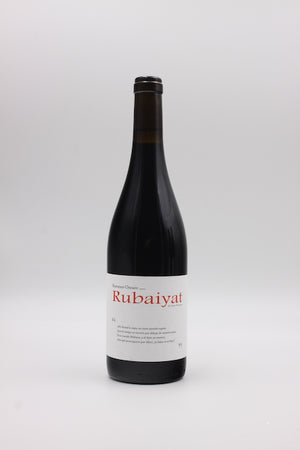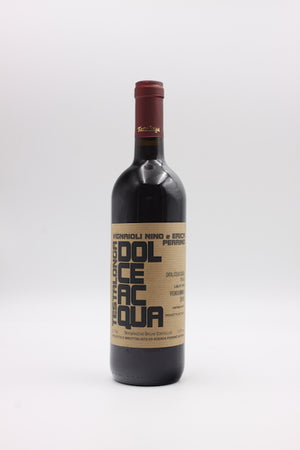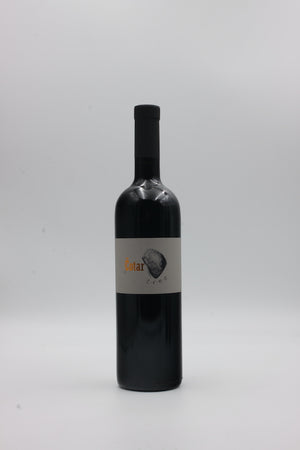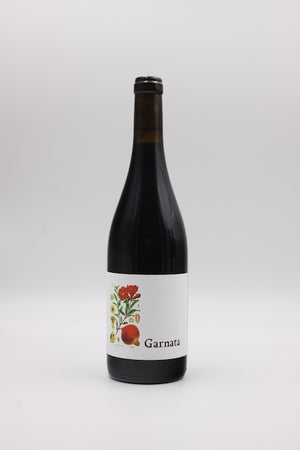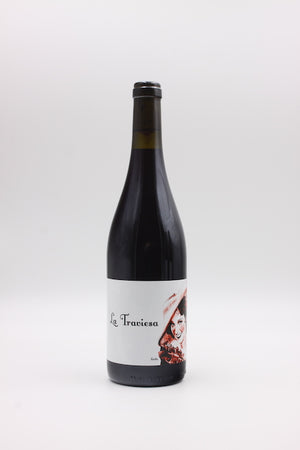

Eugenio Bocchino: Barolo LU 2019
- €74,90
Lu: A Distinctive Selection of Late-Harvest Nebbiolo
Location and Characteristics
Named after Lucia, Cinzia and Eugenio’s daughter, Lu is a selection of late-harvest grapes from the La Serra and Fossati vineyards. Adjacent to each other, these sites share similar characteristics: sandy-clay soils, high altitudes, cool climates, and excellent ventilation. Subtle differences in soil composition have historically led to the cultivation of both Nebbiolo and Barbera in Fossati. A small percentage of Barbera is included in Lu, contributing additional acidity and precision.
Vinification and Aging
Spontaneous fermentation with wild yeasts is followed by 30 days of maceration. During this time, the grapes are kept gently submerged for consistent and careful extraction. The wine is aged for two years in large wooden barrels, then transferred to cement vats for 6–12 months, and finally aged for another year in the bottle.
Style
Ripe red cherries, rose petals, licorice, and a host of other aromas create a complex and nuanced expression of a classic, traditional Barolo. Vibrant acidity and structured tannins provide balance, while the wine’s texture is notably elegant and smooth. Though Lu promises even greater rewards with aging, it is approachable now with sufficient aeration.
Technical Sheet
- Grape Variety: 100% Nebbiolo (including a small percentage of Barbera)
- Vineyard: La Serra & Fossati – located above La Morra at around 400 meters; sandy-clay soils.
- Harvest: Hand-picked
- Fermentation: Spontaneous fermentation with wild yeasts in stainless steel tanks.
- Maceration: 30 days, with submerged cap technique.
- Aging: 2 years in large wooden barrels, 6–12 months in cement vats, and 1 year in the bottle.
- Filtration: None
- SO₂ Content: <50 mg/l
- Alcohol Content: 14.5% vol
- Closure: Natural cork
- Serving Temperature: 16–18°C
- Optimal Drinking Window: Now – 2045
- Content and Price per Liter: 0.75 l (€99.87/l)
Sustainability
All winemakers listed with Vinonudo adhere to sustainable practices, using compost, organic fertilizers, and natural preparations. They abstain from herbicides, pesticides, and synthetic fertilizers.
Membership
Part of La Renaissance des Appellations, a group dedicated to biodynamic winemaking.
Similar Products
Newsletter
Who knows more, tastes more. Once a week there is news about our wines, winegrowers and events.
© 2025 vinonudo | Shopify Theme by Mile High Themes | Powered by Shopify
